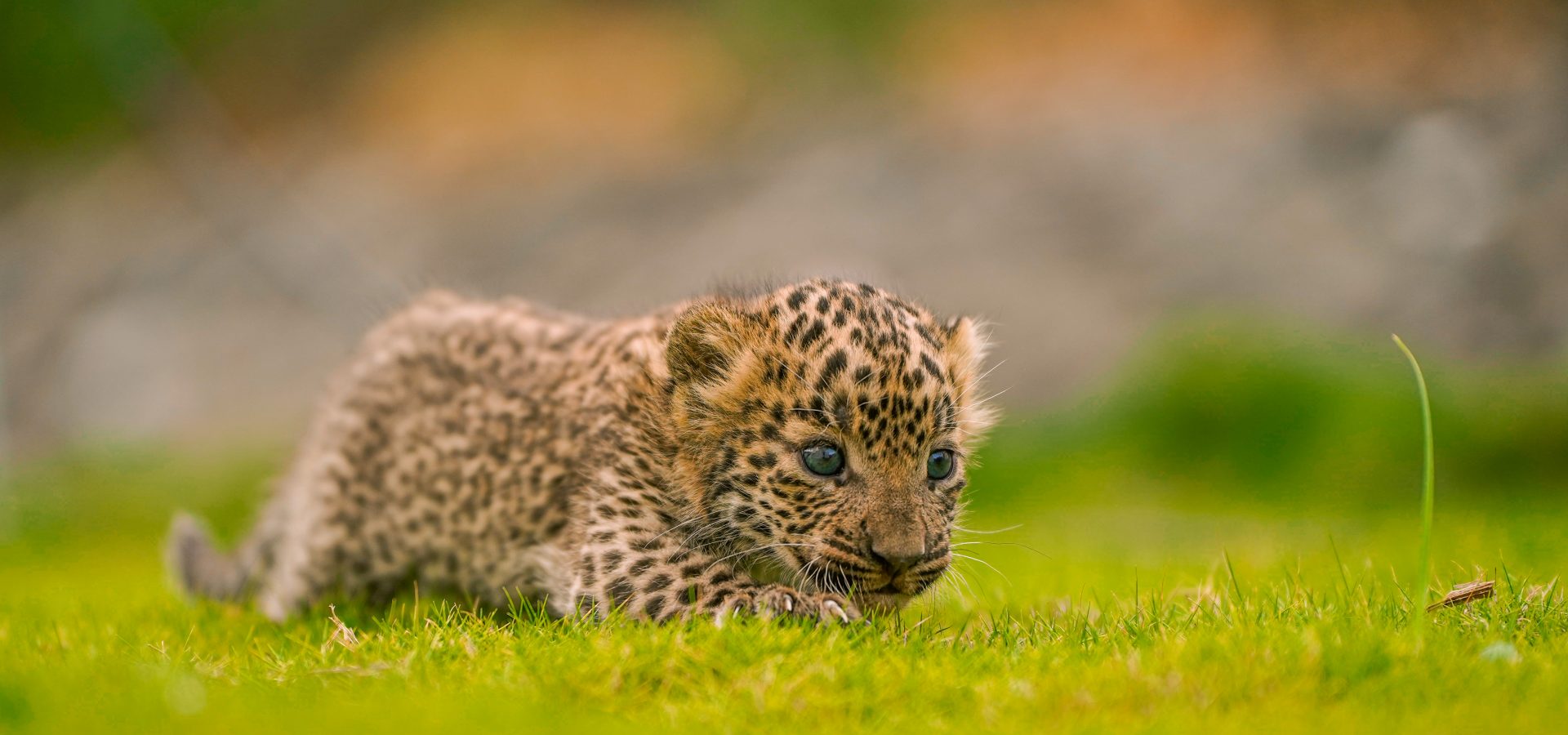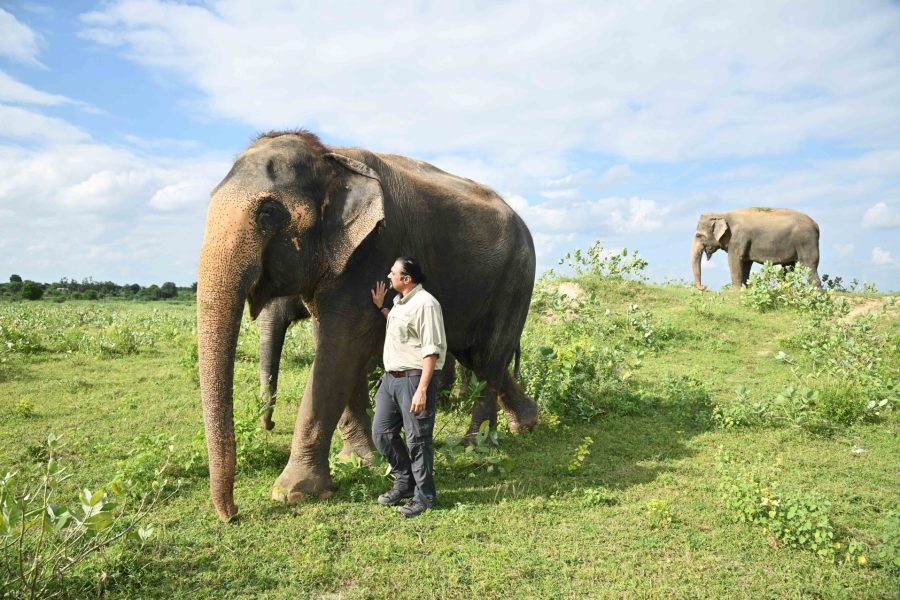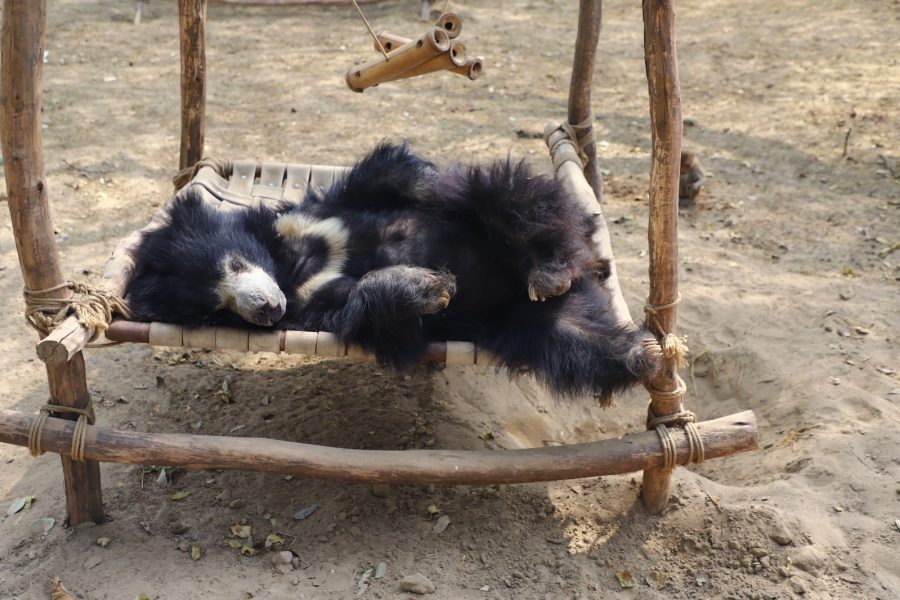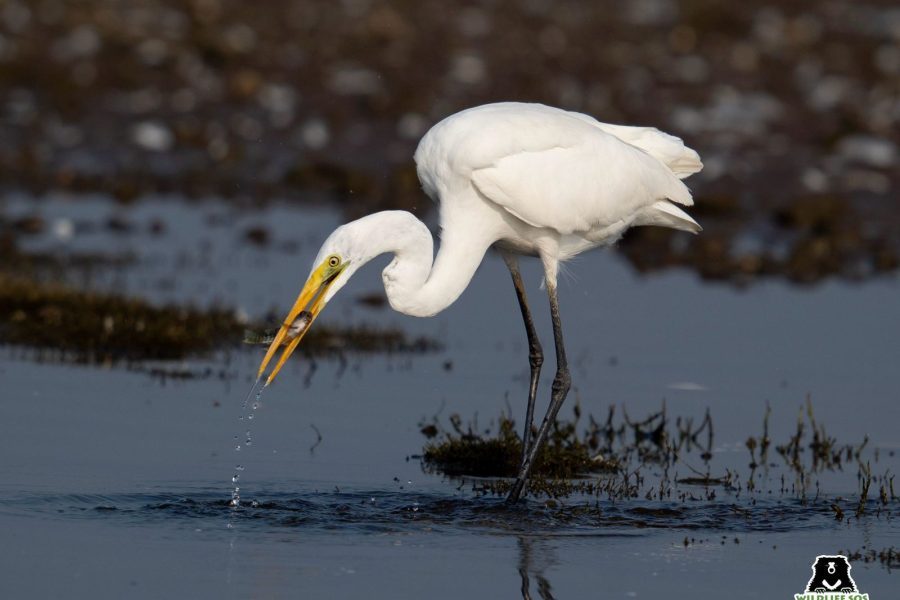The months of October and November have the Wildlife SOS’ anti-poaching squad Forest Watch focused on apprehending owl traders around the festival of Diwali. The routine hustle and bustle at the Wildlife SOS-GSPCA (Gujarat Society for Prevention of Cruelty to Animals) headquarters in Vadodara came to a standstill when the rescue helpline brought in disconcerting news.

The Wildlife SOS-GSPCA team received a call from their undercover informant that a group of poachers carrying a leopard cub had been intercepted in Jadhadia village, Gujarat. For the rescue team, this imminent moment had come after a year-long investigation on the poachers. They were finally tracked while trying to sell the poached leopard cub online on the dark web. The Wildlife SOS-GSPCA team immediately collaborated with the Gujarat Forest Department and the Wildlife Crime Control Bureau, and formulated a full-frontal strategy to nab the elusive poachers.

To leave no room for error, the informant masqueraded as a buyer, set up a meeting with the poachers. The rescue team meanwhile strategically stationed itself outside the poachers’ residence for a high-stakes raid. As soon as the informant confirmed that the poachers had the cub with them, the rescue team barged in, nabbing the poachers. Likely to be sold off for its skin and body parts in the illicit wildlife trafficking market, the five-month-old feline was found visibly distressed inside a dingy room of the premises. The Gujarat Forest Department immediately took custody of the cub, providing necessary care to the feline.

The audacious rescue not only highlighted the dangers faced by leopards, but also shed light on the broader crisis of wildlife trafficking. Trafficking poses serious threats to endangered species like leopards. Fueled by superstitions, the unquenching demand of possessing leopard skins, bones and body parts feeds the black markets. The desire to own exotic products has resulted in a vicious cycle of violence against leopards that goes beyond the immediate harm to the animals.
Leopard poaching has far-reaching implications that endangers the species and the balance of the ecosystem as a whole. The most immediate effect of targeting these apex predators is the decline in their population, which can lead to disruptions affecting the food chain. As numbers of predatory animals dwindle in the wild, their prey base is allowed to multiply rapidly, resulting in cascading effects on palatable vegetation and the other animals of an ecosystem. Leopards in India are protected under the Wildlife (Protection) Act of 1972, and yet, they grapple with the constant threat of poaching. Their demand is driven by unfounded beliefs that their body parts have mystical or medicinal properties. This nefarious trade jeopardises the very existence of leopards, leaving an indelible mark on the natural world.
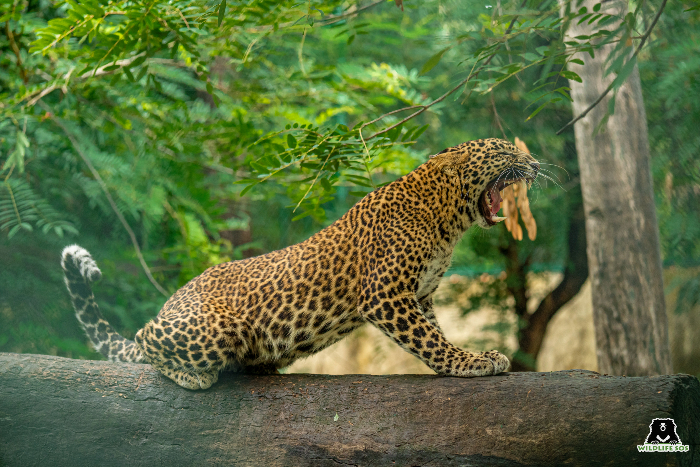
Unfortunately, operations like these aren’t one-off incidents for the rescue team of Wildlife SOS. In a bid to combat wildlife poaching, the Wildlife SOS’ Forest Watch includes a crucial network of informants who play a vital role in gathering on-ground intel on poachers and criminals involved in illegal wildlife trade. It also assists law enforcement agencies like the forest department and the Wildlife Crime Control Bureau in dismantling trafficking networks and recovering animal skins, body parts (such as ivory from elephants), and live animals from the clutches of poachers. Animals have also been rescued from being caught in cruel snare traps that are laid out in the wild by poachers.
As a wildlife conservation organisation, Wildlife SOS recognises the urgent need to eliminate illegal trade of wildlife products. According to a report by IISD Earth Negotiations Bulletin, global wildlife trafficking generates an estimated revenue of up to $23 billion every year. To put an end to this practice, Wildlife SOS goes beyond rescue operations and conducts grassroots-level training programmes and workshops towards capacity building of forest officials. Strengthening the front line to counter the persistent threat to wildlife, these workshops are conducted in the forested zones of states like Uttar Pradesh, Maharashtra, Jammu and Kashmir, Karnataka, and Gujarat.
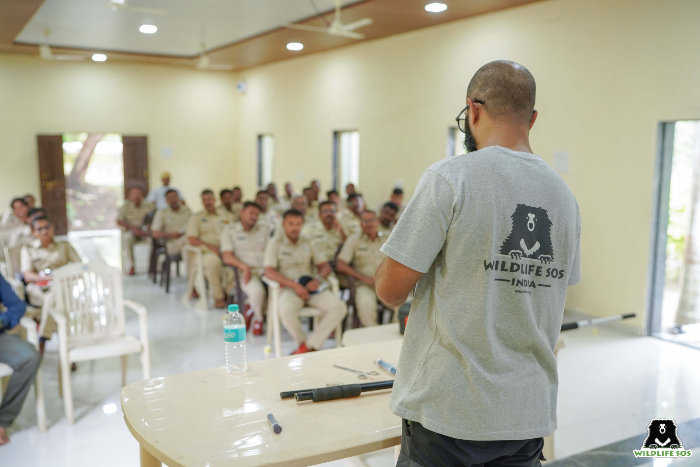
Among the animals that were successfully rescued from smuggling, Forest Watch has helped seize a large number of poached sloth bears from the Indo-Nepal border. With intel provided by the squad, a large number of owls are rescued every year during Diwali, thus preventing them from being sacrificed in dark magic rituals. It also conducts large-scale seizures of snakes during the month of shravan.
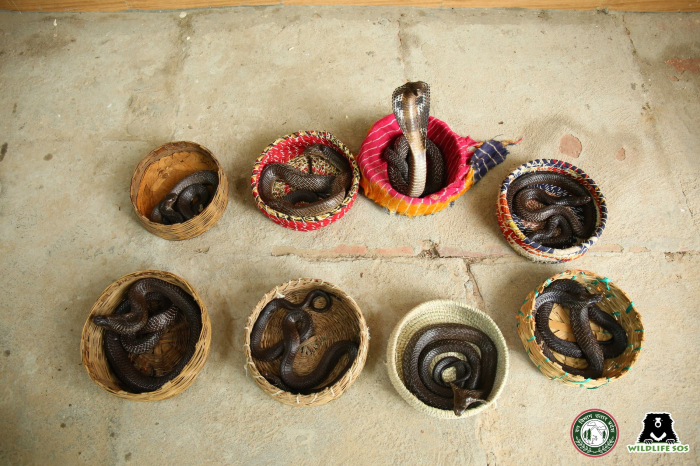
Combating poaching requires a multifaceted approach, including strong law enforcement, community engagement, habitat conservation, and efforts to dispel ignorance that leads to demand for animal products. If you wish to support our lifesaving work and anti-poaching activities, please consider making a donation.

